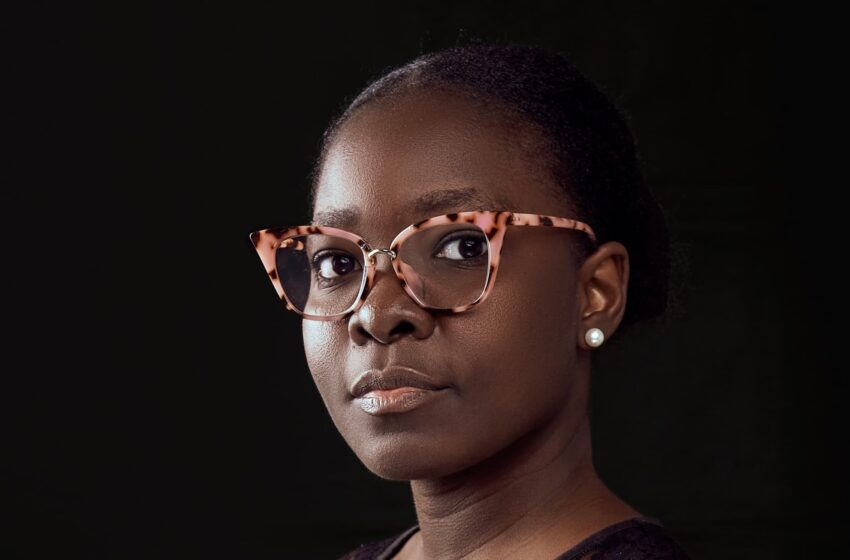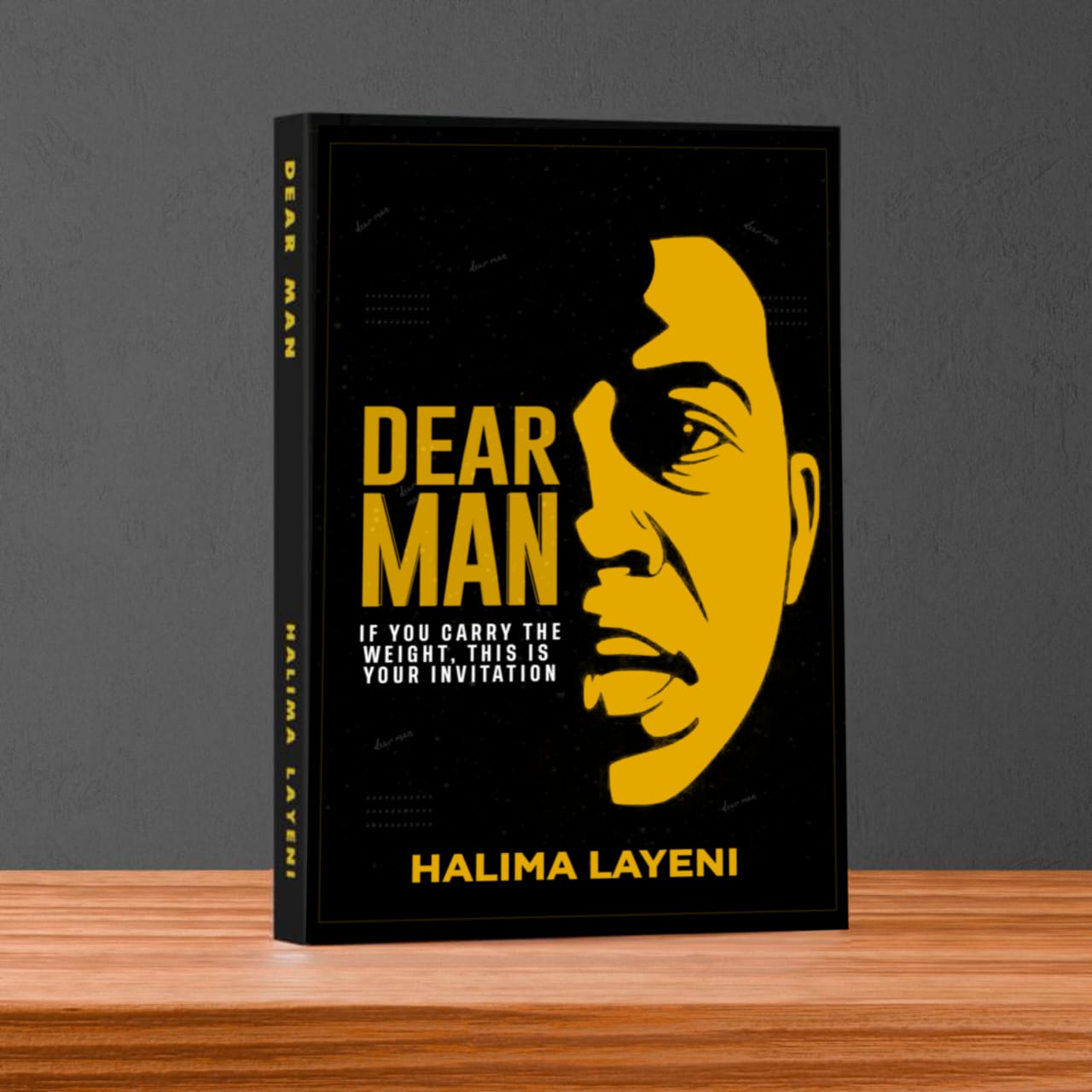UNGA2025: World leaders cannot achieve gender equality without UNMen in the global agenda

As world leaders converge for the 80th United Nations General Assembly, the world will once again be filled with lofty declarations of equality, justice, and the global commitment to “leave no one behind.”
For decades, heads of state have mounted the UN podium to reaffirm their dedication to building a fairer and more inclusive world. Yet behind the powerful rhetoric rests a stark reality: our international system has systematically excluded men and boys from the gender equality agenda.
Each year, billions of dollars are directed toward programs for women and girls. Entire agencies exist to advance their progress. Yet there is no UN Men. No dedicated institution, no agency, and no systematic recognition of the unique challenges faced by men and boys. At the United Nations, gender equality remains, at best, an unfinished project.
The creation of UN Women was a historic milestone, and its work has been transformative. But an equality framework that consistently overlooks half of humanity cannot truly be called equality. It is omission, and that omission carries devastating consequences not only for men, but also for women, families, communities, and economies.
Billions of dollars are invested in women’s health, maternal health, reproductive rights, and women’s empowerment in education and business. These investments are vital. But there is no equivalent investment for men. The irony is striking: the very men whose wealth sustains much of UN funding, from Bill Gates to male founded corporations and institutions, are excluded from the agenda they help finance. Men have become the financial backbone of global development, yet their own mental health crises, workplace risks, and social challenges remain invisible.
Men are four times more likely than women to die by suicide. In many countries, suicide is the leading cause of death for men under 50. September is Suicide Prevention Month, yet there is no UN resolution, no global campaign, no flagship effort that addresses men’s crisis with the urgency it demands. Movements like Movember have done more to spotlight men’s health than the United Nations itself. That fact alone should compel world leaders to act.
The imbalance is equally evident on the UN calendar. There are more than seventeen official days dedicated to women and girls, from the International Day of the Girl Child to the International Day to End Violence against Women. Yet there is not a single UN recognized international day for men. The United Nations has institutionalized the belief that men’s issues are not worthy of recognition. If the promise is to “leave no one behind,” then why have men and boys been left behind at the highest levels of global governance?
Grassroots initiatives demonstrate that men will engage when given the space. Andy’s Man Club in the UK offers weekly peer support to thousands of men. Life After Abuse Foundation in Nigeria has led groundbreaking campaigns on men’s mental health, trauma, and gender equity. These organizations are pioneering vital work, but they cannot replace the institutional power of the United Nations. Without a global platform, men’s struggles will remain fragmented and chronically underfunded.
At the same time, men are consistently called to be allies for gender equality, to stand up for women, to fight violence, and to create space in politics and business. These are noble and necessary goals. But the contradiction is glaring: how can men be allies when their own struggles are ignored? How can they feel they belong in a system that denies them acknowledgment? True allyship requires belonging, yet men are relegated to supporting roles in a framework where they themselves are not included.
It is also important to acknowledge that the vast majority of world leaders are men. According to the Inter Parliamentary Union, over 85 percent of heads of state and government remain male. At the UN General Assembly, leaders present their boldest visions for humanity, yet the challenges of men and boys are almost never mentioned. The paradox is undeniable. These are men who speak passionately about climate change, peace, poverty, and the rights of women and girls. Yet when it comes to their own gender, they remain silent.
If men dominate the seats of power, why is there such reluctance to address men’s challenges? Why is it that leaders who themselves are fathers, brothers, and sons do not raise the issues that directly affect their own gender on the global stage? This silence is not accidental. It is cultural. It is rooted in the entrenched belief that men must always be strong, stoic, and self sufficient, even when the evidence says otherwise. The silence of world leaders mirrors the silence many men endure in their personal lives.
The United States has long stood apart as a pioneer in shaping the modern world. It was America that helped create the very United Nations that today gathers world leaders. It was America that put humanity on the moon. America has consistently led the way in building institutions, driving democratic values, advancing global health, and fostering technological revolutions. From shaping international frameworks to championing human rights, the United States has been the engine of many global successes. Now, it is time for the U.S. to lead again by advancing the establishment of UN Men.
In recent years, leaders like Donald Trump reminded the world that millions of men felt overlooked and undervalued. His policies on growth and jobs, his focus on American workers, and his message of strength resonated with men who believed globalization had left their struggles unaddressed. That was not merely politics. It was a signal that men’s grievances are real and must be confronted. America has historically demonstrated the courage to face truths that others avoid, and it must now lead again at the 80th UNGA by championing the creation of UN Men.
This is not just a call to the United States, but to every nation at the UNGA. From France to Japan, from Brazil to Germany, world leaders must acknowledge that the health, dignity, and well being of men are not peripheral concerns. They are urgent priorities.
The time has come for courage, and courage begins with truth. The truth is simple: we need UN Men. Not to compete with UN Women, but to complement it. Just as UN Women institutionalized women’s rights, UN Men must institutionalize the advancement of men. Together, they can create a holistic vision of gender justice that fully embraces the human experience.
UN Men would champion men’s mental health. It would address vulnerabilities in education, work, justice, and health. It would research fatherhood, caregiving, and evolving male identities. It would dismantle harmful stereotypes that fuel cycles of silence and violence. Most importantly, it would ensure men are recognized not just as allies to women, but as human beings with their own struggles and their own right to care, support, and dignity.
Yes, this call will be controversial. Some will argue that it undermines women’s rights. But history shows the opposite. When one group is elevated while another is ignored, imbalance and resentment take root. When both are recognized, stability and collaboration follow. UN Men would not diminish women’s gains. It would complete them.
To the leaders at UNGA 2025, the message is clear: history is watching. The men of the world are waiting. Their families are waiting. The United Nations was created to be a beacon of justice and inclusion for all. Establish UN Men. Dedicate resources, research, and recognition to the struggles of men and boys. Institutionalize their inclusion in the global agenda.
The world will not remember safe speeches. It will remember leaders who had the courage to confront realities others ignored. UNGA 2025 is more than another summit. It is a historic opportunity to build gender equality on balance rather than omission. The time for UN Men has come.
Halima Layeni is a Men’s Mental Advocate and Founder & Executive Director, Life After Abuse Foundation.
For media enquiries, contact [email protected]




